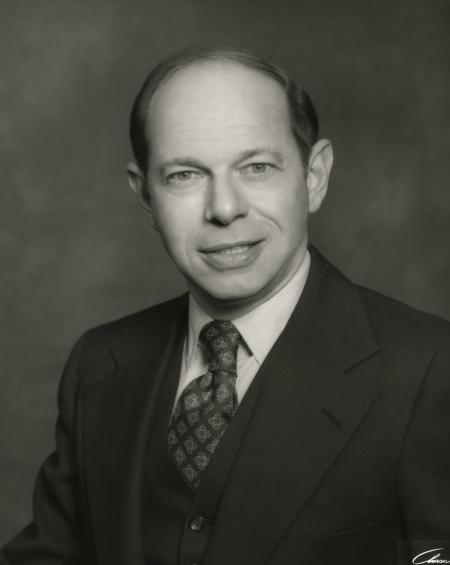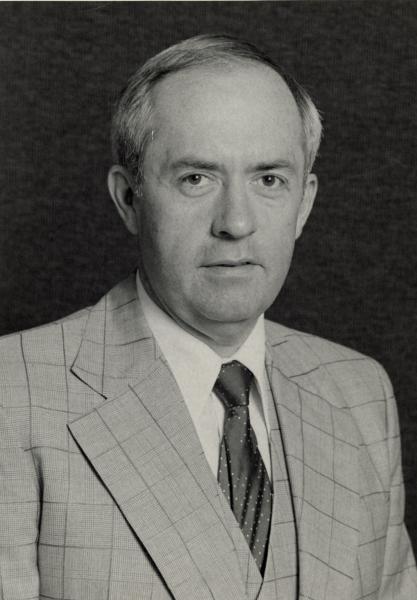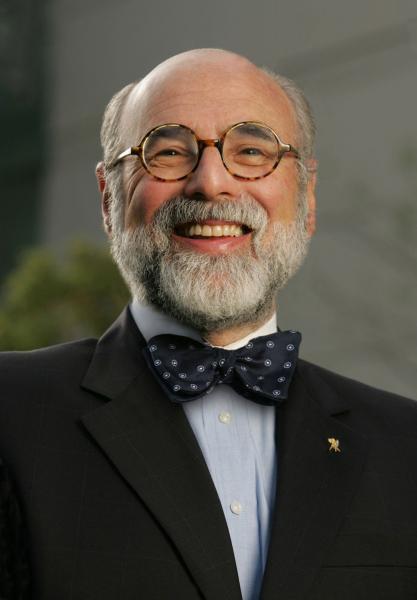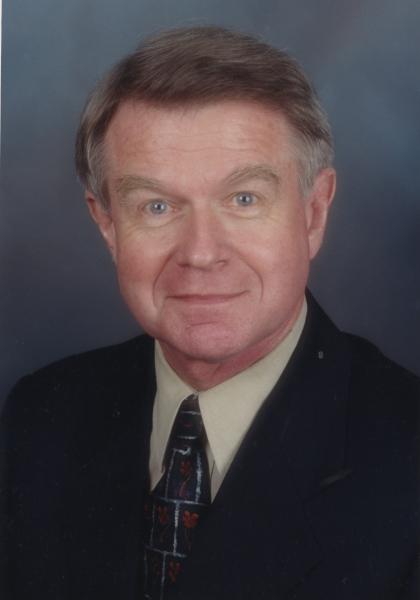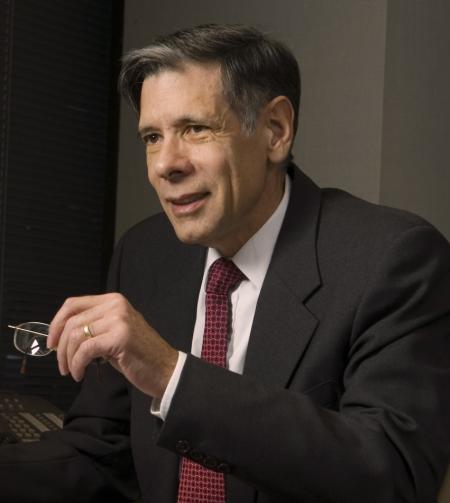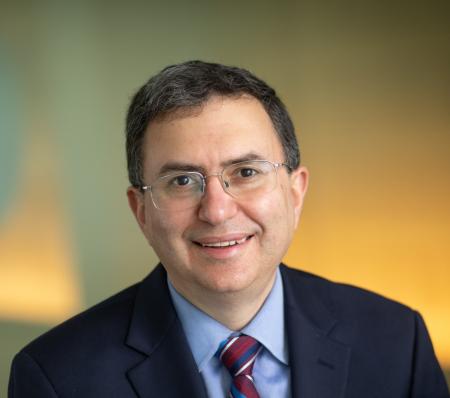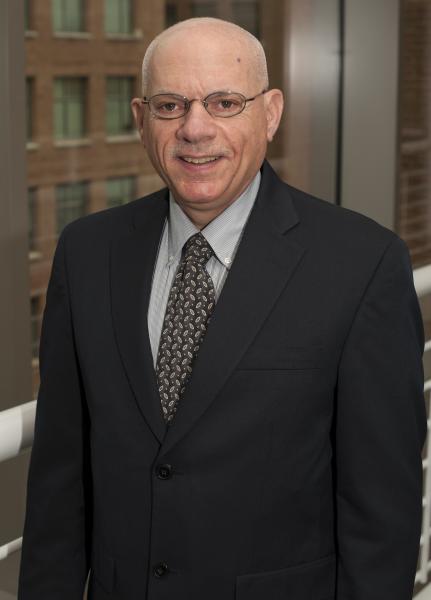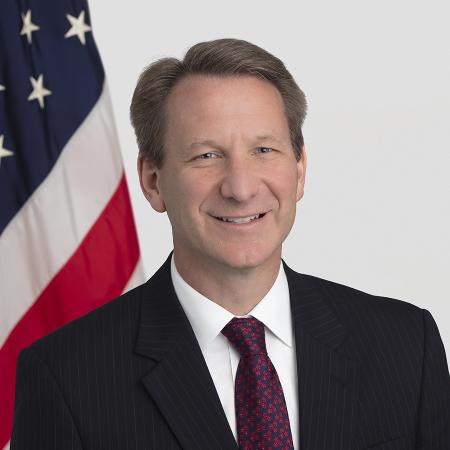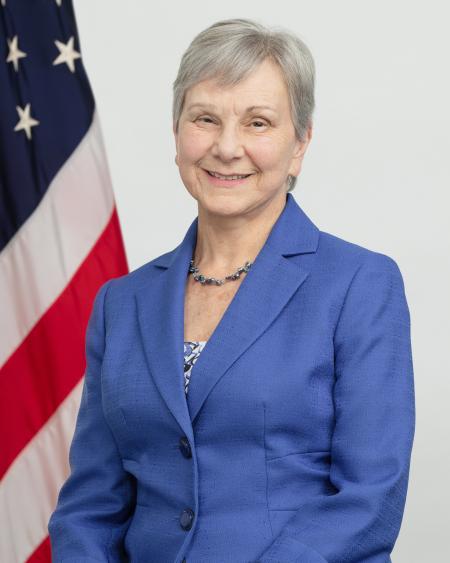Acting Commissioners
This page chronicles individuals who were asked to lead the agency in the absence of a Senate-confirmed commissioner. Acting Commissioners that were eventually confirmed by the Senate are listed in the Commissioners section.
Sherwin Gardner
16 March 1973-13 July 1973; 1 December 1976-3 April 1977; 30 June 1979-20 October 1979
- Sherwin Gardner, who earned a Bachelor of Mechanical Engineering from City College in New York and also was a graduate student in Industrial Management, had been an executive with Booz Allen Systems, Inc., when he was appointed Assistant Commissioner for Planning and Evaluation in 1970. Two years later he was appointed Deputy Commissioner. Mr. Gardner had three different tenures as Acting Commissioner of Food and Drugs, during which he oversaw several key developments and programs including FDA’s ongoing engagement with the popular cancer fraud, Laetrile; continuing scientific review of food additives; and the over-the-counter drug review. He left the Agency in 1979 to become Vice President of Science and Technology at the Grocery Manufacturers Association.
Mark Novitch, M.D.
20 January 1981-13 April 1981; 3 September 1983-15 July 1984
- After receiving his M. D. from the New York Medical College Mark Novitch pursued several medical research, teaching, and practice positions in the Boston area before moving to the Department of Health, Education, and Welfare. He was a fellow at the Brookings Institution at the time he moved to FDA to become Deputy Associate Commissioner for Medical Affairs in 1971 and later Associate Commissioner for Health Affairs. He was appointed Acting Deputy Commissioner in 1979. During Dr. Novitch’s two periods as Acting Commissioner of Food and Drugs the Agency saw the conclusion of the advisory phase of the over-the-counter drug review, issuance of warning labels for Accutane and very low calorie protein diets, and the approval of a nicotine chewing gum. He left FDA in 1985 to become Vice President of Upjohn.
James Benson,
18 December 1989-7 November 1990
- James S. Benson received an advanced degree in nuclear engineering from the Georgia Institute of Technology while serving in the U. S. Public Health Service. He was part of the Bureau of Radiological Health when that function was transferred from the PHS to FDA in 1971, and the following year he was named Director of the Division of Training and Medical Applications. In 1976 Mr. Benson became Deputy Director of the Bureau, and later the Center for Devices and Radiological Health. In 1988 he was appointed Acting Deputy Commissioner. His period as Acting Commissioner of Food and Drugs included management of much of the aftermath of the generic drug scandal, seafood safety controls, and early enforcement action against several food products for making health claims without scientific substantiation. Mr. Benson resumed his role as Deputy Commissioner in 1990, returned to CDRH as Director in 1991, and retired from the agency in 1992.
Michael Friedman, M.D.
1 March 1997-16 January 1999
- An oncologist by training, Michael Friedman received his doctorate in medicine from University of Texas Southwestern Medical School and conducted post-doctoral training at Stanford University and the National Cancer Institute (NCI). Before joining FDA as Deputy Commissioner of Operations in October of 1995, he served as Associate Director of the NCI’s Cancer Therapy Evaluation Program and served as a Public Health Service Officer, earning the rank of Rear Admiral. Dr. Friedman served as Acting Commissioner of Food and Drugs and Lead Deputy Commissioner, providing critical insight in the effort to pass the 1997 Food and Drug Administration Modernization Act (FDAMA), which renewed the prescription drug user fee program and included provisions to encourage the enrollment of those under-represented in clinical trials and the collection and publication of clinical trial data. In early 1999, Dr. Friedman left FDA to join Searle as Senior Vice President of Clinical Affairs, and after 9/11 he became chief medical officer for biomedical preparedness at the Pharmaceutical Research and Manufacturers of America.
Bernard A. Schwetz. D. V. M., Ph. D.
20 January 2001-24 February 2002
- Bernard A. Schwetz earned his doctorate in veterinary medicine from the University of Minnesota College of Veterinary Medicine in 1967 and went on to serve as the Acting Director of the environmental toxicology program at the National Institute of Environmental Health Sciences. He joined the FDA in 1993 as Director of the National Center for Toxicological Research and in 1999 was named Senior Advisor for Science. With the departure of Commissioner Jane Henney Dr. Schwetz served as Acting Commissioner of Food and Drugs and Acting Principal Deputy Commissioner, leading the agency during the September 11th terrorist attacks and the subsequent counterterrorism response, and guiding the FDA’s early response to fraudulent and counterfeit trade of pharmaceuticals through the internet. After departing the FDA in February 2003, Dr. Schwetz served as director of the HHS Office for Human Research Protections.
Frank M. Torti, M.D., M. P. H.
20 January 2009-29 March 2009
- Frank M. Torti graduated cum laude from Harvard University Medical School and earned his M.P.H. from the Harvard School of Public Health, specializing in cancer epidemiology and nutrition. Prior to joining the FDA, Dr. Torti was on the faculty of Stanford University and then was the Chair of the Department of Biology and Director of the Comprehensive Cancer Center at Wake Forest University School of Medicine. Dr. Torti joined the FDA in May 2008 as Principal Deputy Commissioner and the agency’s first Chief Scientist. With the resignation of Andrew von Eschenbach, Dr. Torti was named Acting Commissioner of Food and Drugs. Under his leadership the FDA collaborated across the federal government to use science to respond to multiple outbreaks of food borne illness (developing a Task Force on rapid detection of pathogens with six other agencies/departments), issues of BPA contamination in food containers, and advancing the use of nanotechnology in medical products. On March 29, 2009 he left FDA to become Vice President for Strategic Programs at Wake Forest University Medical Center.
Joshua M. Sharfstein, M.D.
30 March 2009-21 May 2009
- Joshua M. Sharfstein received his M. D. from Harvard. He was Health Commissioner of Baltimore in 2009 when he began his tenure as Acting Commissioner of Food and Drugs—having assumed that position in a way unique among others who held it. Early in the year President Obama announced the nomination of Margaret Hamburg, M. D,. as Commissioner as well as the appointment of Dr. Sharfstein as Principal Deputy Commissioner; the former position required Senate confirmation, but the latter did not. April and May 2009 was a busy time in the agency with clearance of a rapid test for avian influenza A virus, approval of an antimalarial drug for children and adults, addressing a widespread Salmonella outbreak linked to alfalfa sprouts, and the emergency use authorization of certain medicines for influenza in response to an outbreak of swine flu in humans. Dr. Sharfstein departed in 2011 to become Secretary of Health and Mental Hygiene of Maryland.
Stephen Ostroff, M.D.
5 April 2015-23 February 2016; 21 January 2017-10 May 2017
- After he received his M. D. from the University of Pennsylvania, Stephen Ostroff became part of the U. S. Public Health Service, occupying several positions at the Centers for Disease Control and Prevention. He was in the Pennsylvania Department of Health when he joined FDA as Senior Public Health Advisor and Chief Medical Officer in the Office of Foods and Veterinary Medicine. At the time he began his first period as Acting Commissioner of Food and Drugs he was FDA’s Chief Scientist, after which he was named Deputy Commissioner for Foods and Veterinary Medicine. Ostroff again was asked to serve as Acting Commissioner in 2017. Among the significant work during his leadership, FDA took steps to remove trans fat from processed foods, finalized key rules under the Food Safety Modernization Act, and took significant enforcement actions against several dietary supplement manufacturers. He returned to his Deputy Commissioner position and remained there until retiring from FDA in 2019.
Norman E. “Ned” Sharpless, M. D.
5 April 2019-1 November 2019
- Norman Sharpless graduated with honors and distinction from the University of North Carolina (UNC) School of Medicine in 1993 and completed his residency at Massachusetts General Hospital, as well as a fellowship at Dana Farber/Partners Cancer Care. Before joining FDA he served as Director of the UNC Lineberger Comprehensive Cancer Center and from October 17, 2017 to April 29, 2022 as Director of National Cancer Institute, 17 October 2017 – 29 April 2022. He was appointed Acting Commissioner of Food and Drugs following the departure of Commissioner Scott Gottlieb. During his tenure, Dr. Sharpless led the agency’s response to the epidemic of smokeless tobacco use (“vaping”) and helped guide the agency’s response to the ongoing opioid epidemic. He left FDA on November 1, 2019 to return to his role as director of the National Cancer Institute.
ADM Brett P. Giroir, M. D.
6 November 2019-16 December 2019
- Brett P. Giroir earned his medical degree from the University of Texas Southwestern Medical Center, specializing in pediatrics, and went on to serve numerous leadership position at Texas A&M University, as well as within the U.S. Government, including directing the Defense Sciences Office of the Defense Advanced Research Projects Agency (DARPA) and the U.S. Public Health Service. From February 15, 2018 to January 19, 2021 ADM Giroir served as the 16th Assistant Secretary of Health at the Department of Health and Human Services, and briefly during that time he served as Acting Commissioner of Food and Drugs, leading the agency during a response to major outbreak of E. coli linked to contaminated Romain lettuce.
Janet Woodcock, M. D.
20 January 2021-16 February 2022
- Janet Woodcock earned her degree in medicine from the Feinberg School of Medicine at Northwestern University Medical School, completing additional training in rheumatology and earning board certification in internal medicine. Dr. Woodcock joined FDA in 1986 as a scientist in the Center for Biologics Evaluation and Research (CBER), where she held positions as Director of the Division of Biological Investigational New Drugs, Acting Center Deputy Director, and later Director of the Office of Therapeutics Research and Review. From 1994-2004, and again from 2007-2020, Dr. Woodcock was Director of the Center for Drug Evaluation and Research, leading the Center’s development of a new user fee program for drug products. From 2004-2007 Dr. Woodcock served as Chief Medical Officer of FDA, and from March 2020 to January 2021served as the therapeutics lead for Operation Warp Speed. With the departure of Commissioner Stephen Hahn, Dr. Woodcock served as Acting Commissioner of Food and Drugs, where she led the agency’s response to the COVID-19 public health emergency and introduced the New Era for Smarter Food Safety. With the confirmation of Commissioner Robert Califf in 2022, Dr. Woodcock became the Principal Deputy Commissioner of FDA, a position she currently holds.


